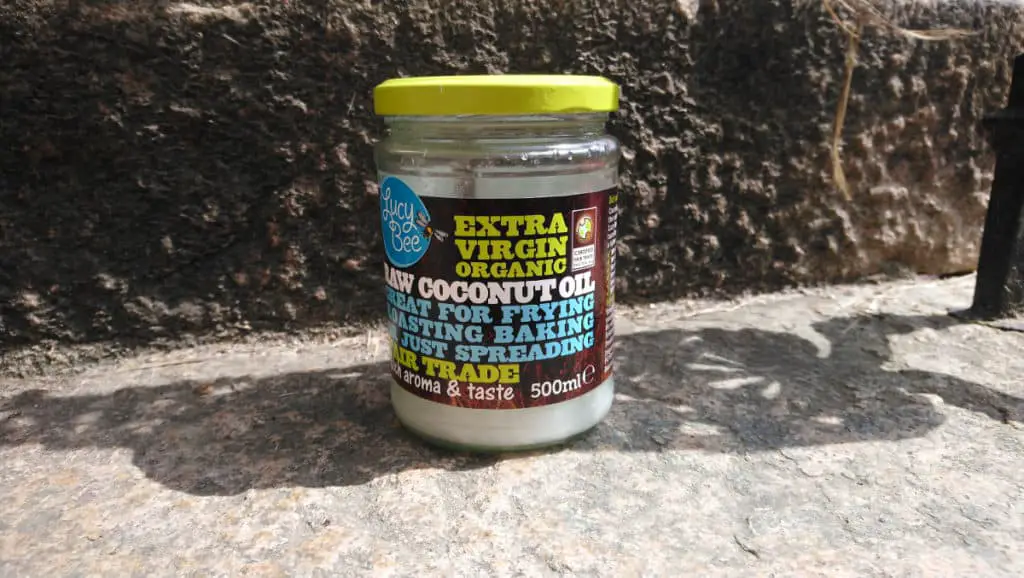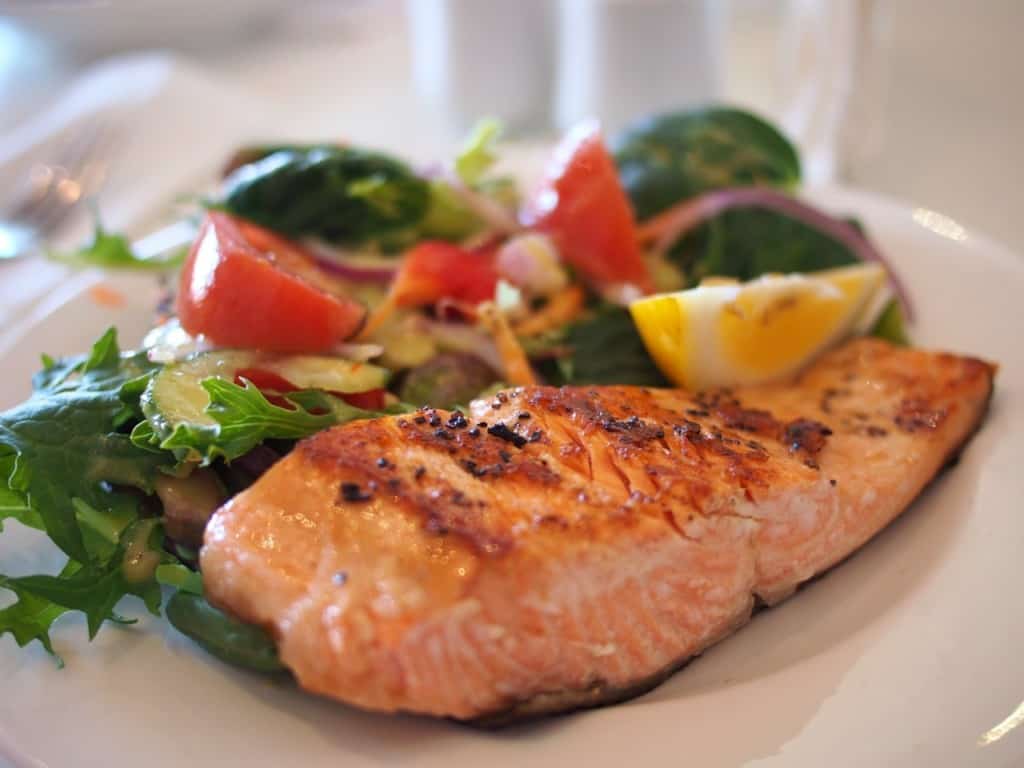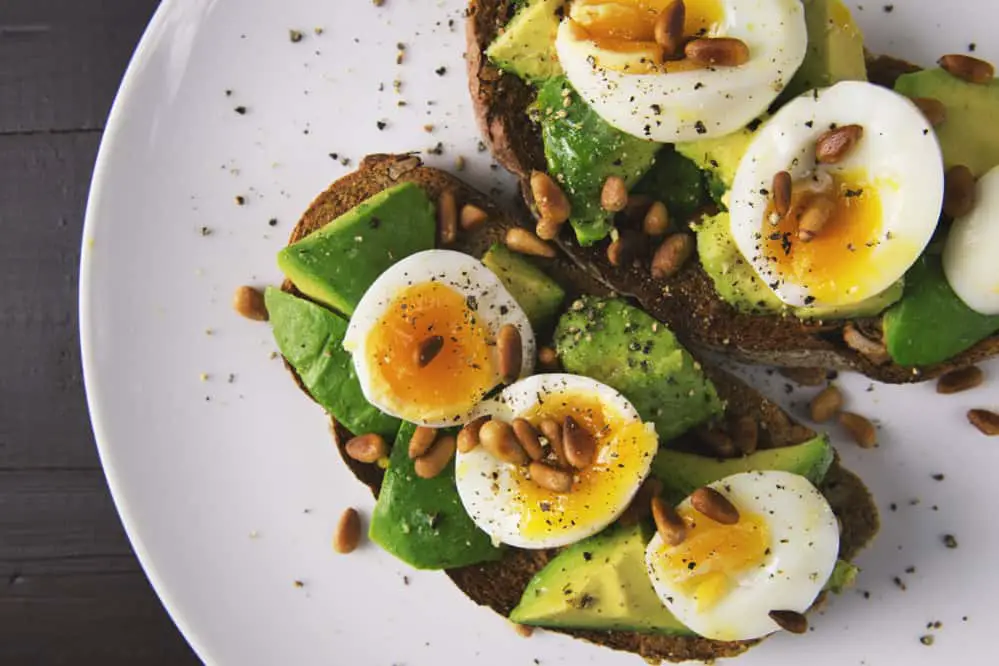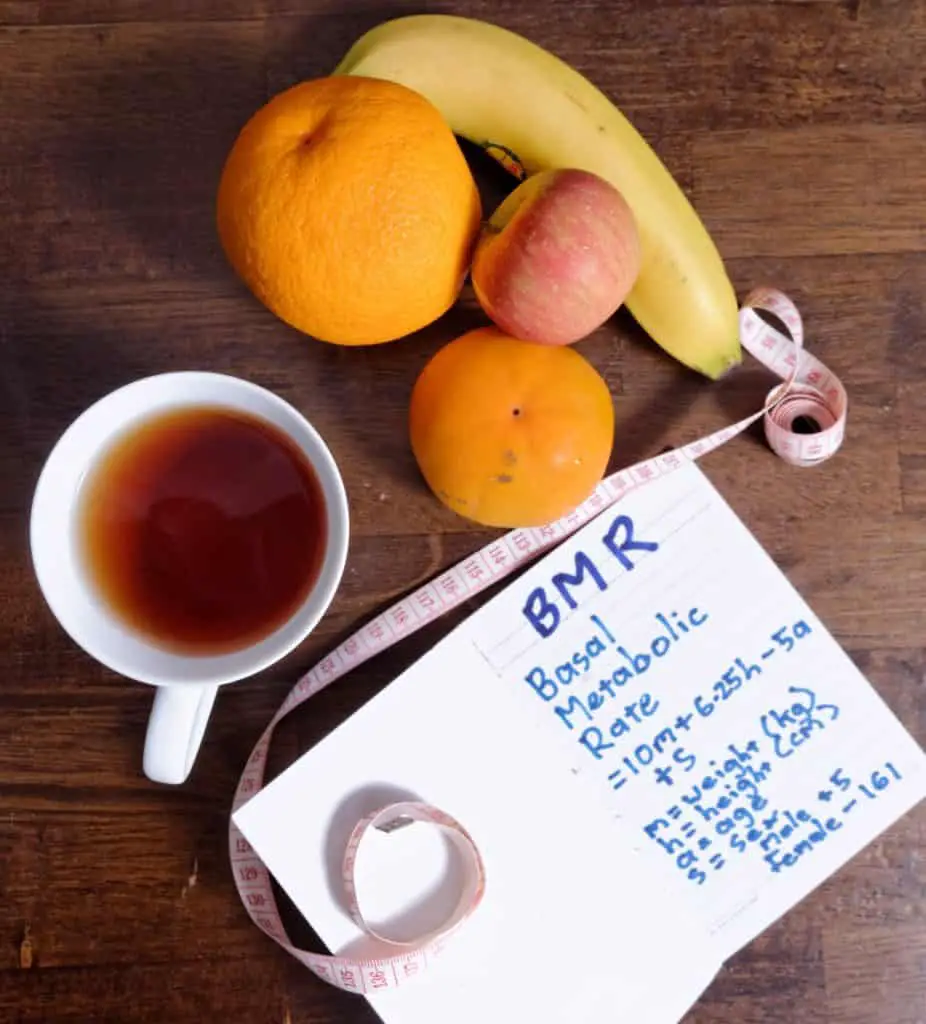Millions of people around the world subscribe to the paleo dieting lifestyle. This diet is also referred to as the caveman or hunter-gatherer diet as it borrows from the early man’s eating and dietary habits. Whether you’re seeking to lose weight, live healthily, or fight new-age lifestyle diseases, this diet can help you.
The paleo diet excludes most modern and processed foods, leaving most naturally occurring foods. The diet also advocates for in-season fruits and vegetables and organically sourced foods. This helps you cut down on harmful preservatives and sweeteners, some of which have been linked to common lifestyle diseases.
Milk and dairy products are perhaps among the most notable exclusions from the paleo diet. At first, this may sound like the diet significantly limits what you can eat as numerous products contain milk-based elements, but you can still have natural milk substitutes.
One of the natural substitutes for dairy is coconut milk. But is coconut milk allowed on the paleo diet, and do true paleo experts advocate for coconut milk? The short answer is yes, coconut milk is safe to consume when you’re on the paleo diet. Coconut milk is not made with dairy.
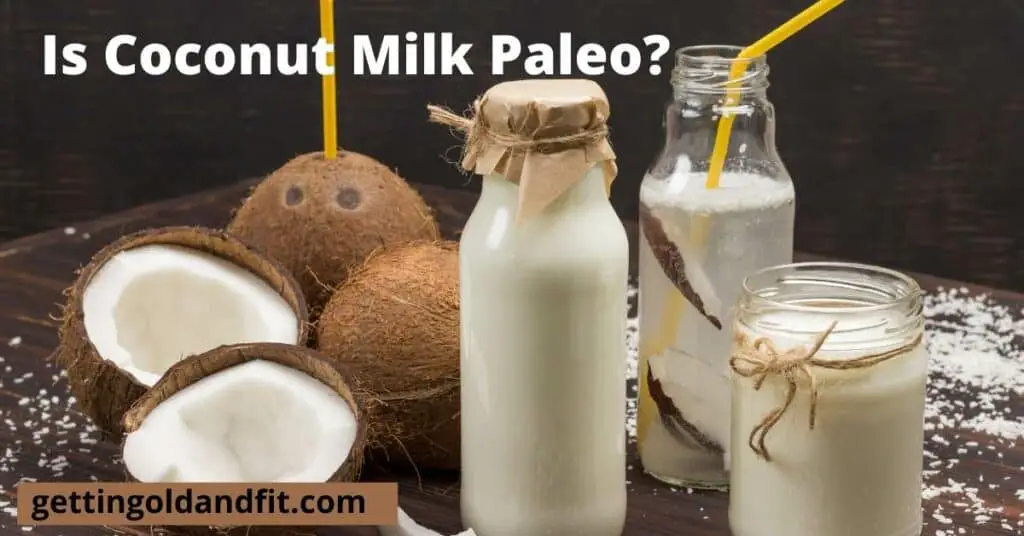
So why is it okay to drink coconut milk, what exactly is coconut milk, and how can you incorporate it into your paleo dieting routine? Below you will find more information regarding the paleo diet and coconut milk relationship.
Why Is Coconut Milk Allowed On The Paleo Diet?
As mentioned above, all things dairy is excluded from the paleo diet. So, it might come as a surprise to see coconut milk included in this diet. However, looking closer at coconut milk will reveal why it’s okay to consume. Coconut milk is not milk; it is produced using the white fleshy or meaty part of a coconut.
Most people confuse coconut milk with coconut water. The two are very different; coconut water is the liquid housed within a coconut and freely flows once opened. Coconut water contains more natural sugars, and just like coconut milk, coconut water is safe to drink and is considered paleo-friendly.
How Do You Make Coconut Milk?
Coconut water occurs naturally, and you can collect it when you open the coconut. On the other hand, coconut milk must be extracted from the fleshy part. If you’ve shopped around for paleo-friendly products, you’ve likely come across processed coconut milk. While it’s easier to buy than make, you should refrain from purchasing coconut milk as most brands contain artificial sweeteners and preservatives.
So, the question then turns to, how can you make coconut milk at home? Well, it’s pretty simple; all you need is the white fleshy bit of the coconut and water. If you wish, you can also add natural sweeteners like organic stevia or raw honey.
To make coconut milk,
- extract the flesh from the coconut using a spoon, although you can also buy coconut flakes or meat
- next, grate the bits, mix with some water and blend the mixture
- Finally, simmer this mixture and strain out the flesh. You’ll be left with coconut milk that you can consume directly or add to your meals and beverages
What Are The Health Benefits Of Coconut Milk?
All foods and elements of the paleo diet are healthy and add nutritional value to your diet. Besides feeling like you’re on a tropical island while sipping some coconut milk, coconuts also contain various health benefits, including;
- coconuts are full of minerals and vitamins – Coconuts contain different B vitamins, fiber, and minerals like calcium, iron, magnesium, selenium, and phosphorus
- coconut milk is calorie-dense – 100 ml of this milk gives you about 154 calories, 15 grams of fat, 1.4 grams of protein, and 3.4 grams of carbohydrates
- coconuts are suitable for vegans and allergic people – You can safely drink coconut milk even if you have milk and nut allergies
- coconut is a seed – so it is okay for people with nut allergies
- coconuts are rich in good fats – Coconut milk contains a healthy dose of medium-chain saturated fatty acids (MCFAs).
MCFAs are metabolized in the liver and, therefore, less likely to remain in the body as stored fat. The MCFA are ingested as lauric acid, which is converted into monolaurin and contains anti-bacterial and antiviral properties.
While coconut milk is vegan-friendly, you can consult with your doctor or nutritionist if you have any concerns.
Is Coconut Yogurt Paleo?
Like dairy, coconut milk can be found in different products, like silk coconut milk, sweet coconut milk, and even coconut yogurt. But are these variations permitted on the paleo diet? There’s no simple way to answer this. It all boils down to what has been added to the coconut milk.
Silk coconut milk, for example, is processed with coconut cream, water, gums, and other vitamins and minerals. If you can find silk coconut free of harmful additives, sweeteners, and preservatives, you can safely consume it.
The same goes for coconut yogurt; if you find a dairy-free and paleo-friendly recipe, you can make it at home and enjoy coconut milk variations.
Conclusion
Coconut milk is one of the best dairy substitutes as it contains high levels of calcium and other essential minerals. However, the best option to make sure there are no added preservatives or sweeteners is to make it yourself.
Finally, a shocking statistic reveals about 150 people are injured by falling coconuts every year. As long as you can avoid being hit by one, you can enjoy the numerous benefits of paleo-friendly coconut milk.
